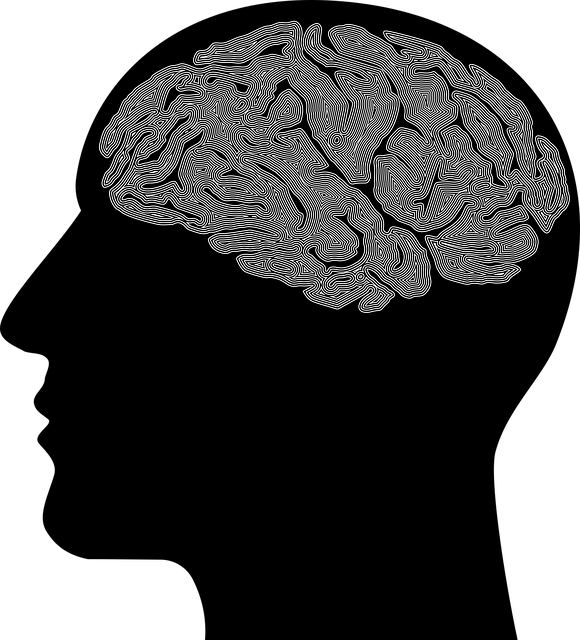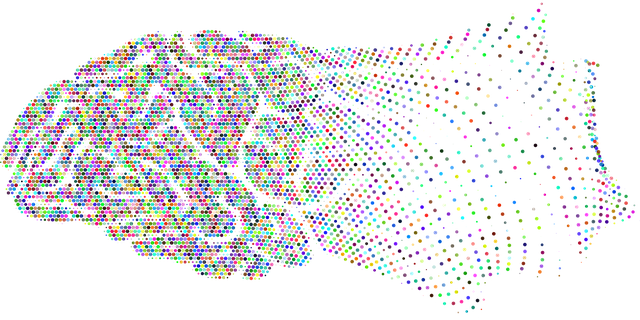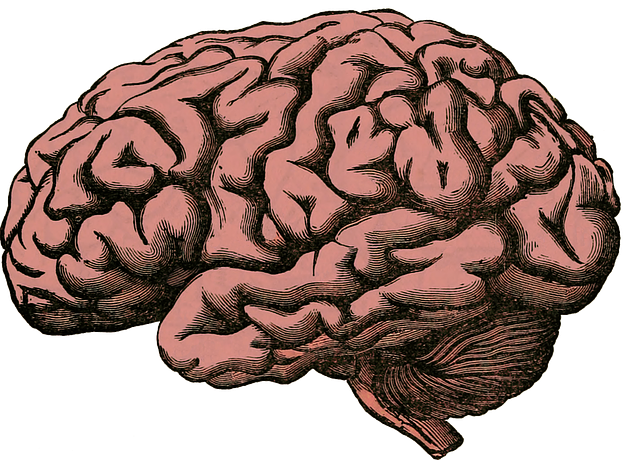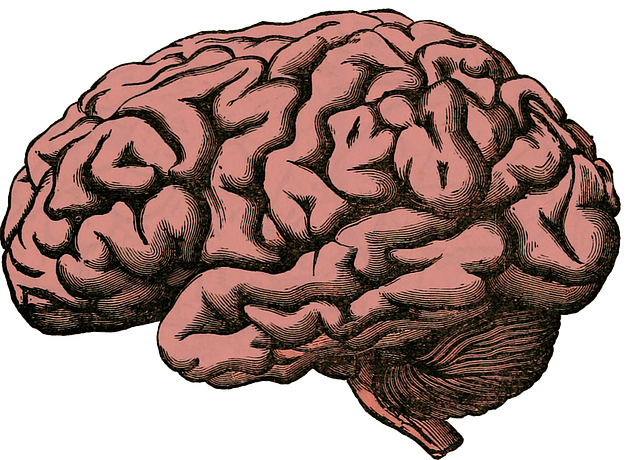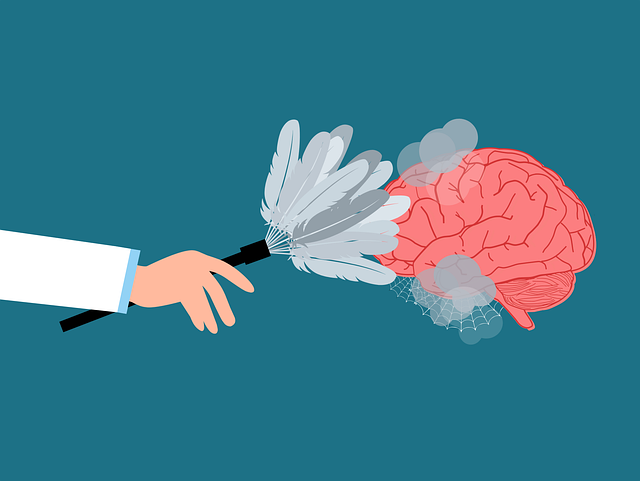In the digital age, mental wellness apps leveraging evidence-based practices like Boulder Exposure and Response Prevention (BERT) Therapy are gaining popularity. These apps offer personalized tools for managing well-being, combining exposure therapy with response prevention techniques to reduce anxiety and mental illness symptoms. By integrating interactive features, mindfulness exercises, and expert insights, they enhance traditional therapy methods, promote mental health awareness, and contribute to stigma reduction. The thriving mental wellness app market caters to users seeking convenient, accessible therapies like BERT, with future developments focusing on improved interfaces, gamification, cultural sensitivity, and AI integration for tailored support and relapse prevention.
In today’s digital age, mental wellness app development is a burgeoning field addressing a growing need for accessible therapeutic solutions. As mindfulness becomes increasingly prioritized, apps offering evidence-based practices like Boulder Exposure and Response Prevention Therapy (BERT) are gaining traction. This article delves into the intricacies of mental wellness app creation, exploring BERT’s principles and benefits, key design features, and market trends shaping future directions. By understanding these aspects, developers can create impactful tools enhancing users’ mental health journeys.
- Understanding Mental Wellness App Development: A Growing Need
- Exploring Boulder Exposure and Response Prevention Therapy (BERT): Principles and Benefits
- Designing Effective Features for Mental Health Apps
- Market Trends, User Experience, and Future Directions in Mental Wellness App Development
Understanding Mental Wellness App Development: A Growing Need

In today’s digital age, mental wellness app development has emerged as a crucial field, addressing the growing need for accessible and personalized support. With the rise in awareness about mental health, many individuals seek convenient tools to manage their well-being. Apps offering evidence-based practices, such as Boulder Exposure and Response Prevention (BERP) Therapy, are gaining popularity. BERP Therapy focuses on exposing users to anxiety-provoking situations and teaching them response prevention techniques, thereby helping to reduce symptoms of various mental illnesses.
Effective mental wellness apps go beyond providing information; they offer interactive features like personalized communication strategies for mood management. By integrating these tools, apps can enhance traditional therapy methods and cater to diverse user needs. Moreover, such applications play a significant role in Mental Illness Stigma Reduction Efforts by promoting understanding, empathy, and early intervention, ultimately fostering a healthier mental health landscape.
Exploring Boulder Exposure and Response Prevention Therapy (BERT): Principles and Benefits

Boulder Exposure and Response Prevention Therapy (BERT) is a highly effective approach to mental wellness that focuses on facing fears and changing reactions. This therapy combines elements of exposure therapy with response prevention, aiming to help individuals manage their mood and cultivate positive thinking. By gradually exposing patients to situations or triggers that induce anxiety or distress, BERT enables them to develop new coping strategies and reduce avoidance behaviors.
The core principle of BERT involves helping clients understand the connection between their thoughts, feelings, and behaviors. It teaches them to challenge negative thought patterns and replace them with more realistic, positive perspectives. This process empowers individuals to confront their fears head-on, leading to significant improvements in mental wellness over time. Through BERT, patients gain valuable tools for mood management, fostering a sense of control and resilience that extends beyond therapy sessions.
Designing Effective Features for Mental Health Apps

Designing effective features for mental health apps requires a nuanced approach that caters to diverse user needs and preferences. Incorporating evidence-based therapeutic techniques, like Boulder Exposure and Response Prevention (BERT) Therapy, can significantly enhance app functionality. BERT focuses on gradual exposure to feared situations, combined with strategies to prevent impulsive avoidance or escape behaviors, making it an impactful tool for managing anxiety disorders.
Apps should offer interactive tools that enable users to track their symptoms, set achievable goals, and receive personalized Crisis Intervention Guidance. Integrating features for Stress Management through mindfulness exercises, meditation practices, and cognitive-behavioral techniques can foster resilience. Additionally, including a Mental Wellness Podcast Series production within the app allows for accessible dissemination of expert insights and community support, further enriching the user experience and promoting mental wellness.
Market Trends, User Experience, and Future Directions in Mental Wellness App Development

The mental wellness app market is experiencing a surge, driven by increasing awareness and acceptance of digital health solutions. According to recent trends, there’s a growing demand for evidence-based therapies, with apps integrating techniques like Cognitive Behavioral Therapy (CBT) and Exposure and Response Prevention (ERP) therapy, including Boulder Exposure and Response Prevention Therapy. Users seek personalized experiences that cater to their unique needs, with an emphasis on accessibility, convenience, and privacy.
Looking ahead, app developers are focusing on enhancing user experience through intuitive interfaces, gamification elements, and real-time feedback mechanisms. Cultural sensitivity in mental healthcare practice is also gaining prominence, ensuring apps cater to diverse populations while promoting inclusive language and representations. Additionally, future directions may include integration of artificial intelligence for tailored interventions, progress tracking, and proactive support aimed at preventing relapses, thereby contributing to sustained self-esteem improvement among users.
Mental wellness app development is revolutionizing access to care, especially with the growing acceptance of digital solutions. As market trends indicate a rising demand for personalized mental health tools, developers have an opportunity to create innovative apps that incorporate evidence-based therapies like Boulder Exposure and Response Prevention Therapy (BERT). By focusing on intuitive user experiences and effective features, these apps can significantly impact positive mental health outcomes. Future developments should continue to explore new ways to engage users while maintaining the privacy and security of sensitive data.
